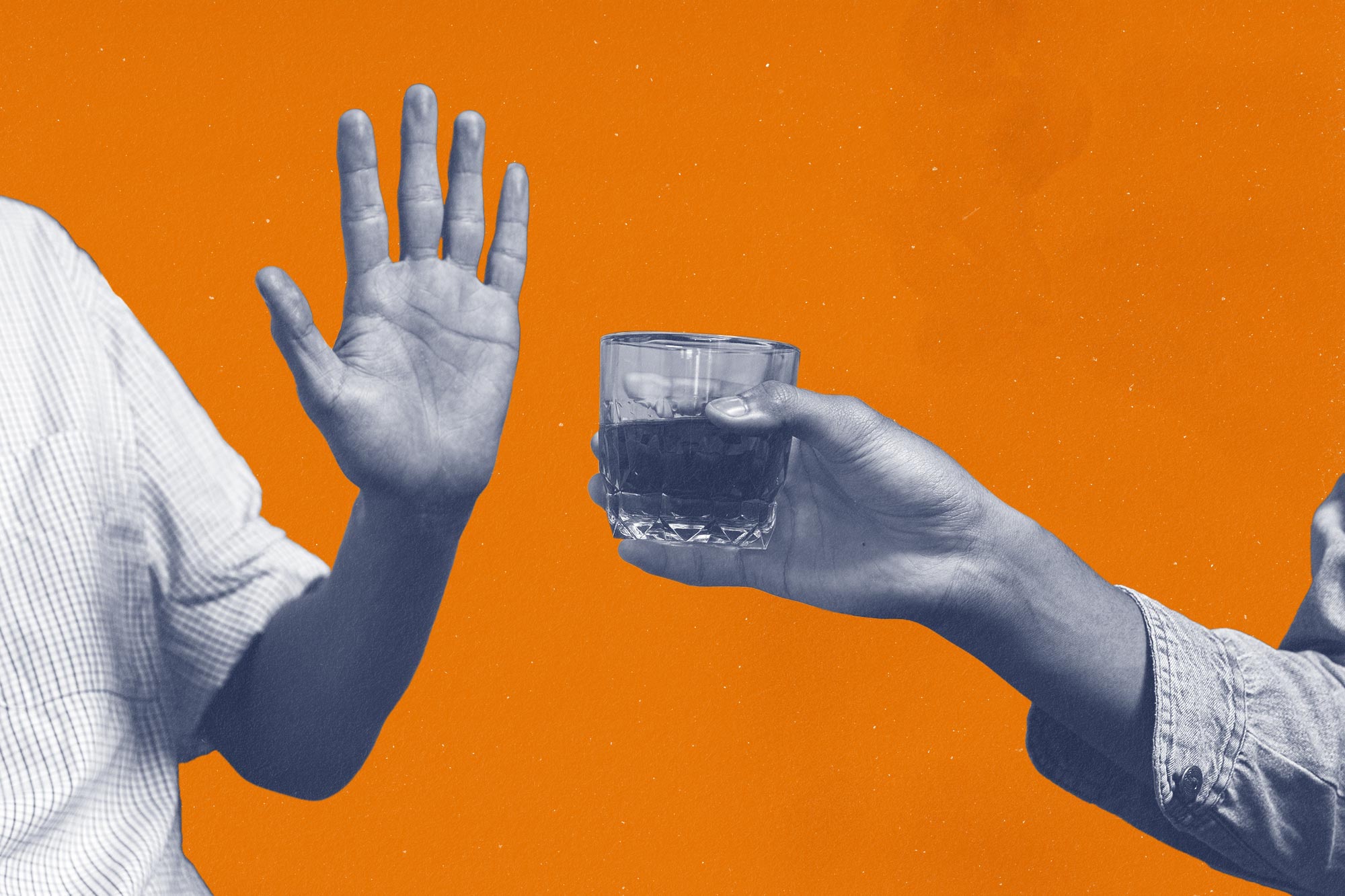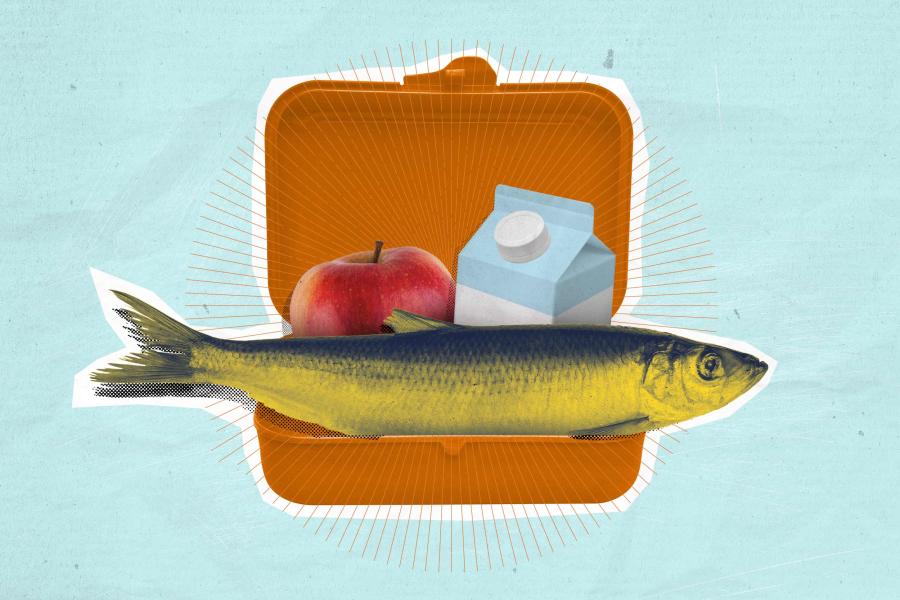Coming off two months of indulgence, from Thanksgiving to New Year’s Eve, Americans who drink alcohol are increasingly embracing “Dry January.”
Originating in the United Kingdom in the winter of 2012-13, the concept of not drinking alcoholic beverages during the first month of the year has steadily gained traction in the United States.
UVA Today turned to Dr. Neeral Shah, an associate professor of medicine, gastroenterology and hepatology in the University of Virginia’s School of Medicine, for his expertise on the topic. His research interests include coagulation in liver disease and cardiac screening in liver transplant patients.
Q. Does taking a month off from drinking really make a difference?
A. Taking this month off from drinking can absolutely make a big difference in your health – physically and mentally. Overall, I think with the increase in alcohol use, this concept is more important than ever.
Q. What happens to the body when a person stops drinking for a month?
A. When you stop drinking for a month, this allows your body to recover from the effects of alcohol. The holidays can be a time people indulge in rich foods, sweets and even more alcohol than their normal intake. Studies have shown beneficial effects of better sleep hygiene, lower blood pressure, clearer complexion of the skin, weight loss and recovery of the liver.
Alcohol can stress your digestive system and is processed by the liver cells. The liver is an organ that can regenerate, and a month without alcohol intake can be time that cells recover and rejuvenate.
Q. Do the advantages last longer than one month?
A. Interestingly, people who participate in Dry January do not always go back to their previous intake after the month is over. While complete abstinence may seem impossible at first, with a fixed end in sight at the end of the month, a period of abstinence often seems more manageable.
Studies have shown that during the month of sobriety, people can develop new habits and alternatives to drinking alcohol. These habits may last beyond the month, and thus the beneficial effects do as well. With new energy and feeling healthier, this may be motivation to continue abstinence beyond the end of the month, as originally envisioned.
Q. Do the benefits go beyond the physical?
A. When people stop drinking for a month, they also have a chance to reassess their relationship with alcohol. Dry January might be a chance for people to realize that they do not need alcohol in every social setting to enjoy themselves and avoid any stigma of not drinking at parties or events.
Q. Do you have any tips for people who want to participate in Dry January?
A. Completing a challenge like Dry January is always easier with a friend or a partner. It is always easier to complete tasks and challenges when you are not alone, but also provides an accountability partner in the process.
Try to develop new habits. Switch an alcoholic drink with a new non-alcoholic drink of your choice. Avoid routines that lead to alcohol and replace them with other healthier habits – instead of meeting at a bar, try meeting for a walk. Try to find new learned habits that are not damaging to your body. Keep track of things that feel better or how your health has improved like sleep, blood pressure, or weight. Finally, keep track of objective things like the money saved by eliminating alcohol from your routine.

Q. Do you happen to know what percentage of the American public participate in Dry January?
A. Estimates say that about 35% to 40% of Americans plan on participating in Dry January, but only 16% go through with the exercise for the entire month.
Q. Does drinking affect men and women differently? And if so, how?
A. Men can metabolize more alcohol than women on average. The National Institute on Alcohol Abuse and Alcoholism suggests that men should limit themselves to two drinks per day and women should limit themselves to one drink per day. When drinking the same amount of alcohol, women tend to have higher blood levels of alcohol and the effects last longer than equivalent amounts ingested by men.
Men have been traditionally known as being heavier drinkers, but I have noticed a trend in more alcohol use among women in recent years.
Q. What are the dangers posed by drinking too much?
A. There are many dangers in drinking too much, but one of the main effects is the damage done to your liver and its function. The liver is responsible for many functions of the body, and there is no way to replace these functions with external support systems like dialysis for kidney failure. When the liver is damaged repeatedly by alcohol, the inflammation can lead to scarring and eventually the scarring can no longer heal on its own. This results in the development of cirrhosis, which is irreversible scarring of the liver. This affects its function and processing for proteins, sugars and fats, to include a few.
Q. Are there medicines and therapy that can help people stop drinking?
A. There are three FDA-approved medications to treat alcohol use disorder: acamprosate, disulfiram and naltrexone. It is important to realize that these medicines are not cures and will not substitute for the alcohol. The medicines can create side effects with the intake of alcohol to deter its use or can try to reduce the overall cravings of alcohol.
While these medicines can work, it is important that they are used in conjunction with counseling or behavioral adjustment for the best success.
Media Contact
University News Senior Associate Office of University Communications
jak4g@virginia.edu (434) 243-9935
Article Information
May 4, 2024






